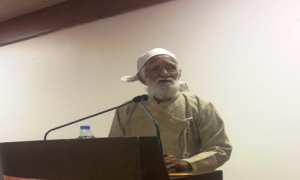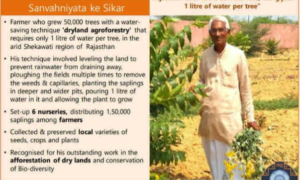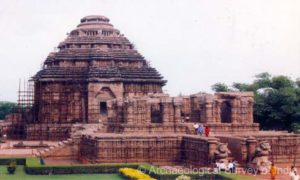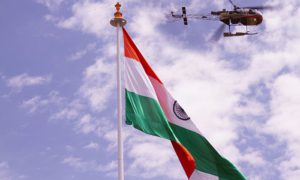Why we must manage roadside vegetation
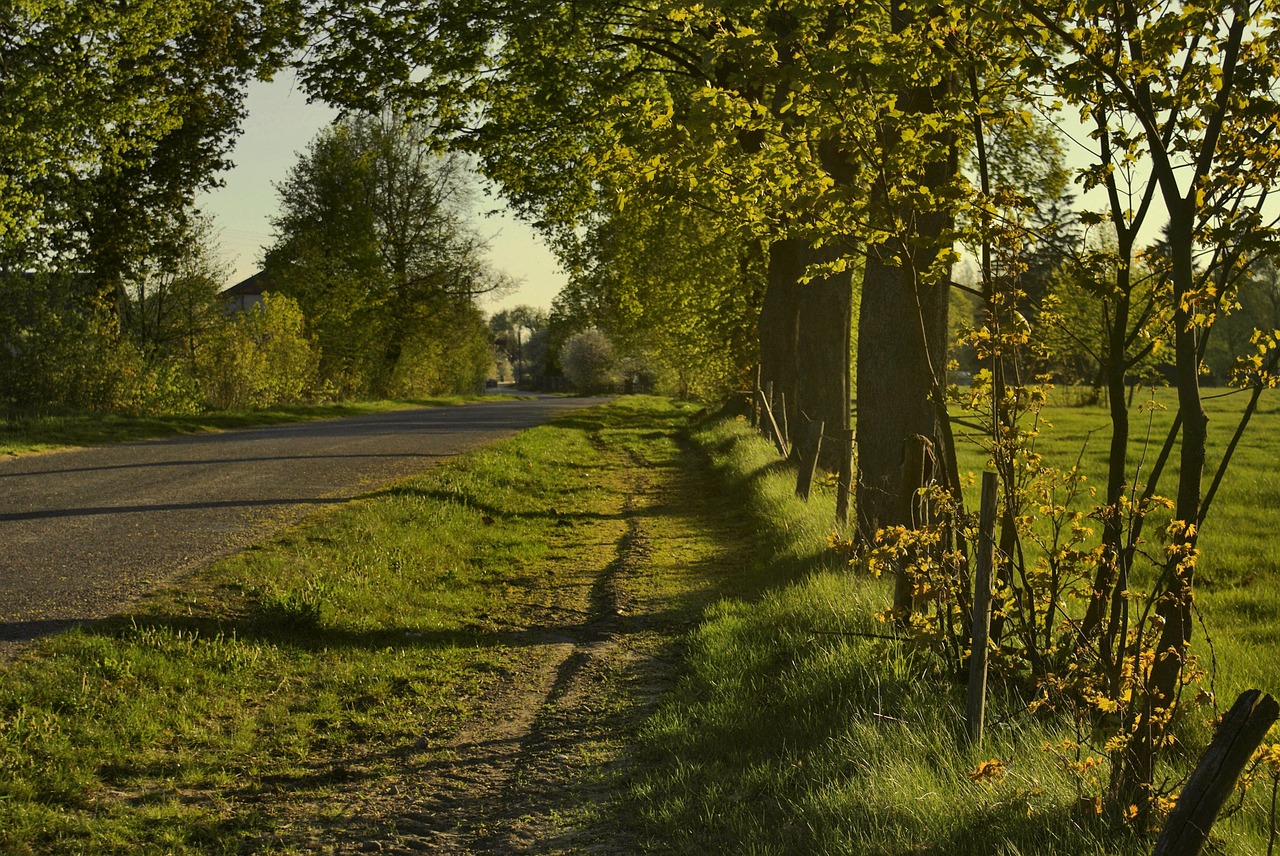
Compensatory trees should be planted. The road expansion is not for people driving at supersonic speed accompanied by continuous honking.
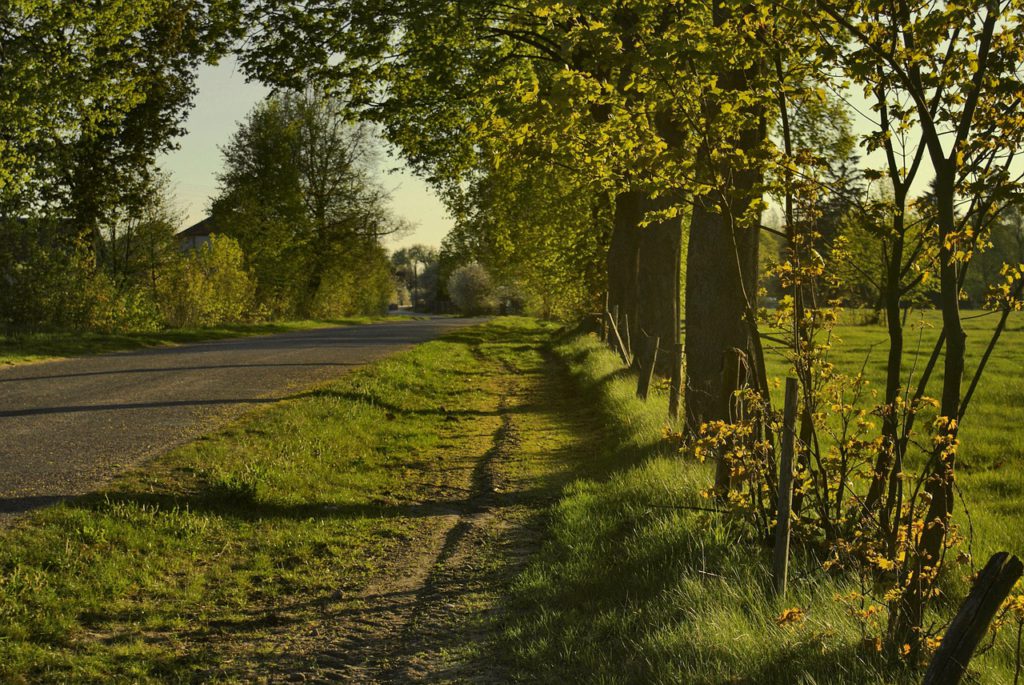
To the best of my recollection, the lively swaying green landmarks by the roadsides in my hometown, Balasore in India’s Odisha state , were brutally sawed off during my teens.
Widening of roads had become a necessity then, considering the growing traffic and congestion. It was painful for most of us but we mutely witnessed it in the name of development.
The after effects were not only on the green picture of the town but also on the weather patterns.
As per reports the entire state of Odisha fell over 6 lakh trees in the last six years for road projects alone.
Past a decade to the incident, compensatory plantations are nowhere to be seen, and yet again the saws are ready to cause another wreck.
Again the time has come for an even wider road to accommodate more people and more vehicles.
More vehicles allude to more pollution, more honking, more parking spaces, and more trees to be cut and so on. Have we thought where we are leading to?
Are these a part of our needs or mere wants? Are the developmental activities sustainable? Can we plan a wide road inclusive of trees? Can we relocate the heritage/landmark trees?
How many years are required for new avenue plantations to provide same ecological services as the older trees? I am sure many questions would have popped up in your mind too.
If trees were buildings
If trees were buildings, it wouldn’t have been as simple to uproot its existence. There is no resistance to the injustice inflicted on the grand old trees of our town.
Even a small scratch on the boundary wall annoys its owner. Does it mean we don’t own the trees of our surrounding?
If these arguments seem difficult to believe then think of reasons why Azimabad road (You can relate to examples in your own locality.) is still narrow and faces traffic congestion at least thrice a day.
Why is traffic management so difficult in major markets like Motiganj or Nuabazar? The reason is simple. The barriers to development are people, power and politics who don’t allow any damage to their property.
But poor, limbless, mouth-less trees make easy and mindless sacrifice in the altar of development.
City planners and architects
History was unraveled and analyzed to imitate or to take lessons from the past mistakes.
But here we seem to be chopping off most of the goodies planted by our ancestors just like we have left our cultural heritage to rote in ruins.
The landscape/road planners earlier were thoughtful about the travelers, the merchants/traders, local inhabitants and environment to benefit out of the plantations alongside the roads.
This poses doubts on efficiency of our present city planners and line departments.
Will we be able to call a city smart (being developed under AMRUT and SMART city govt schemes) with no greens to purify our lungs, to absorb stress of modernity and to serve a home for myriad diversity?
As hinted earlier questions are endless but answers are few and initiatives are even fewer.
Towards a solution
Pairing development with sustainability is the need of the hour. Few possible ways could be, developing sidewalks (for cycling and walking pavements) under the trees instead of cutting them.
The parking area too can have trees. Relocation technologies can be borrowed from other states or countries being in a well-networked globe.
The trees of one side of the road can be cut while leaving the other side of old trees untouched, in case no alternative could be devised.
—————————————
You may like to read
——————————————————
Compensatory trees should be planted with immediate effect. The road expansion is not for people driving at supersonic speed accompanied by continuous honking.
Sensible driving and better traffic management is the key to smooth traffic. Stringent laws with penalties need dedicated enforcement.
Only a collective ownership and responsibility can solve such modern problems and save us from impending ecological bankruptcy.
*Medha Nayak is a research scholar (Sociology) at National Institute of Science Education Research, Bhubaneswar.
Email: [email protected]

